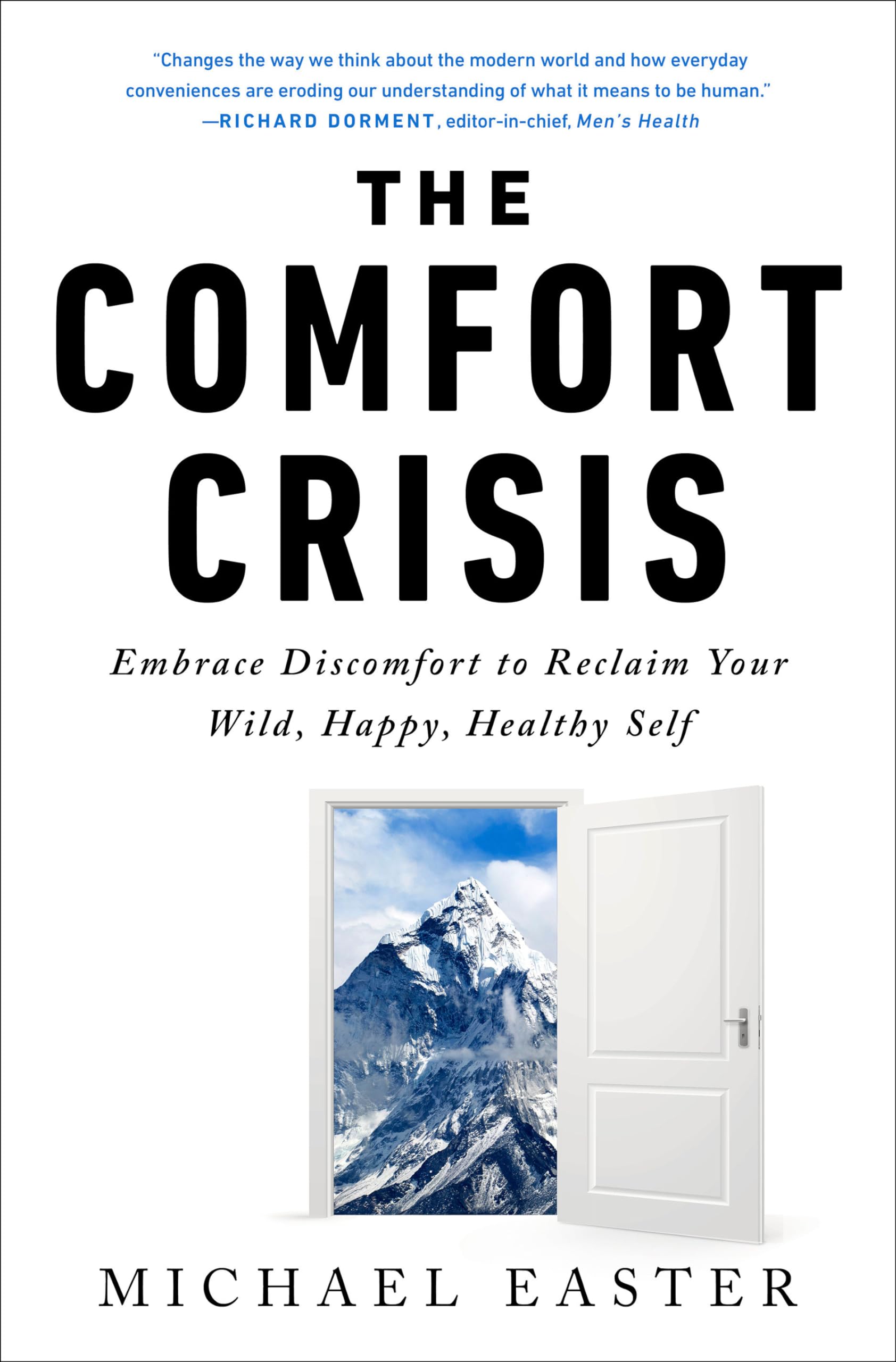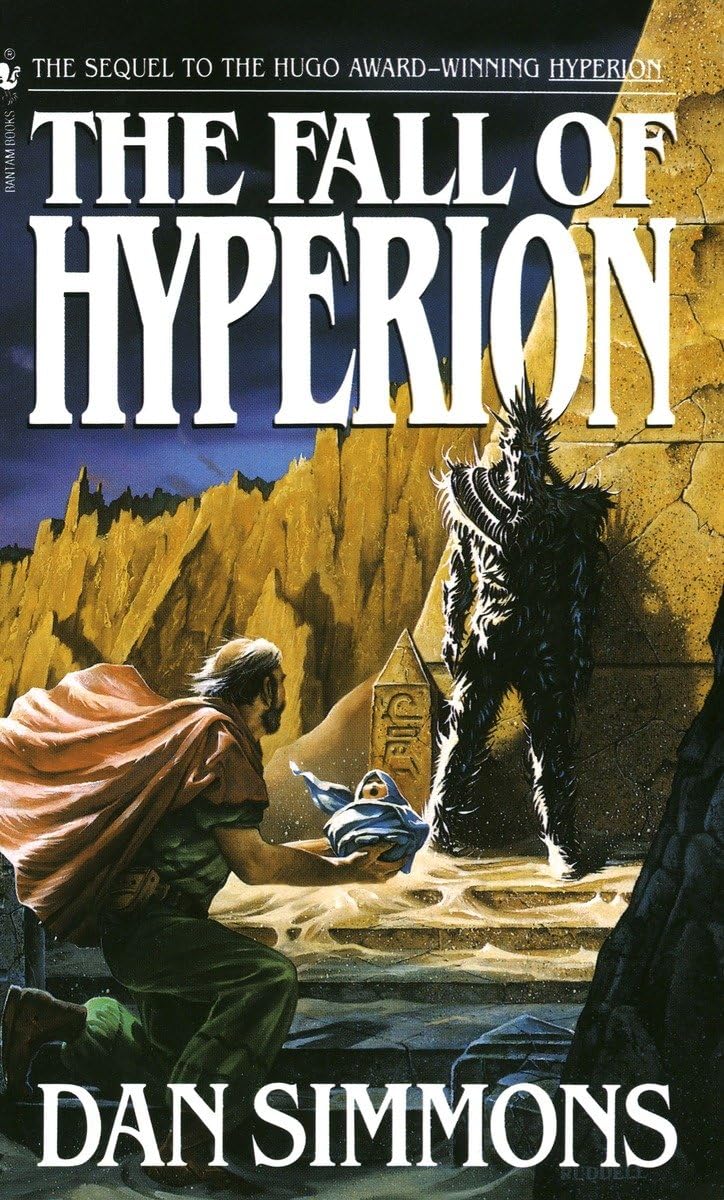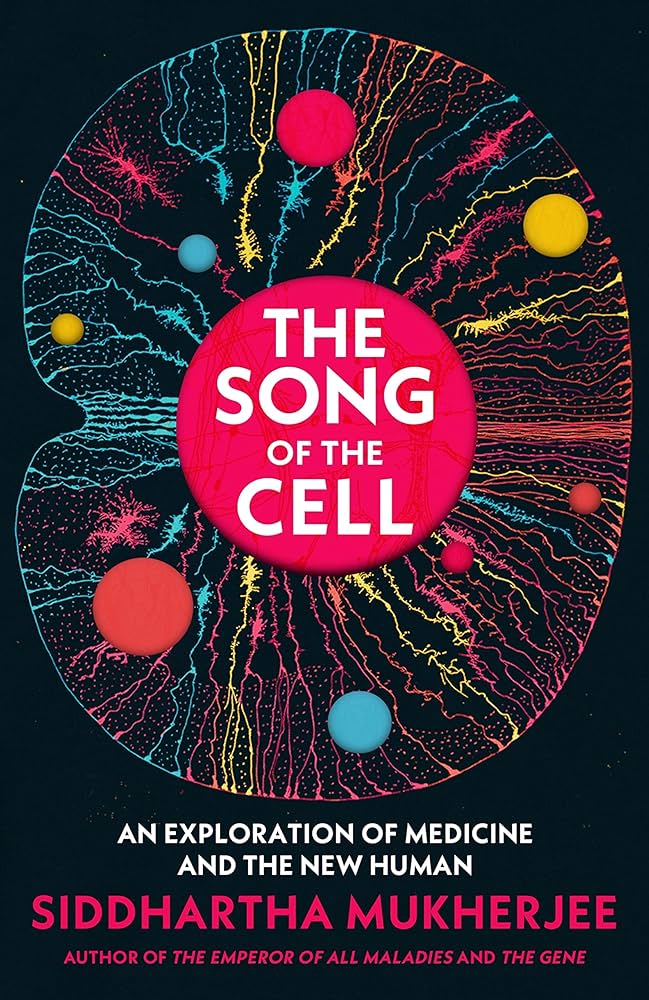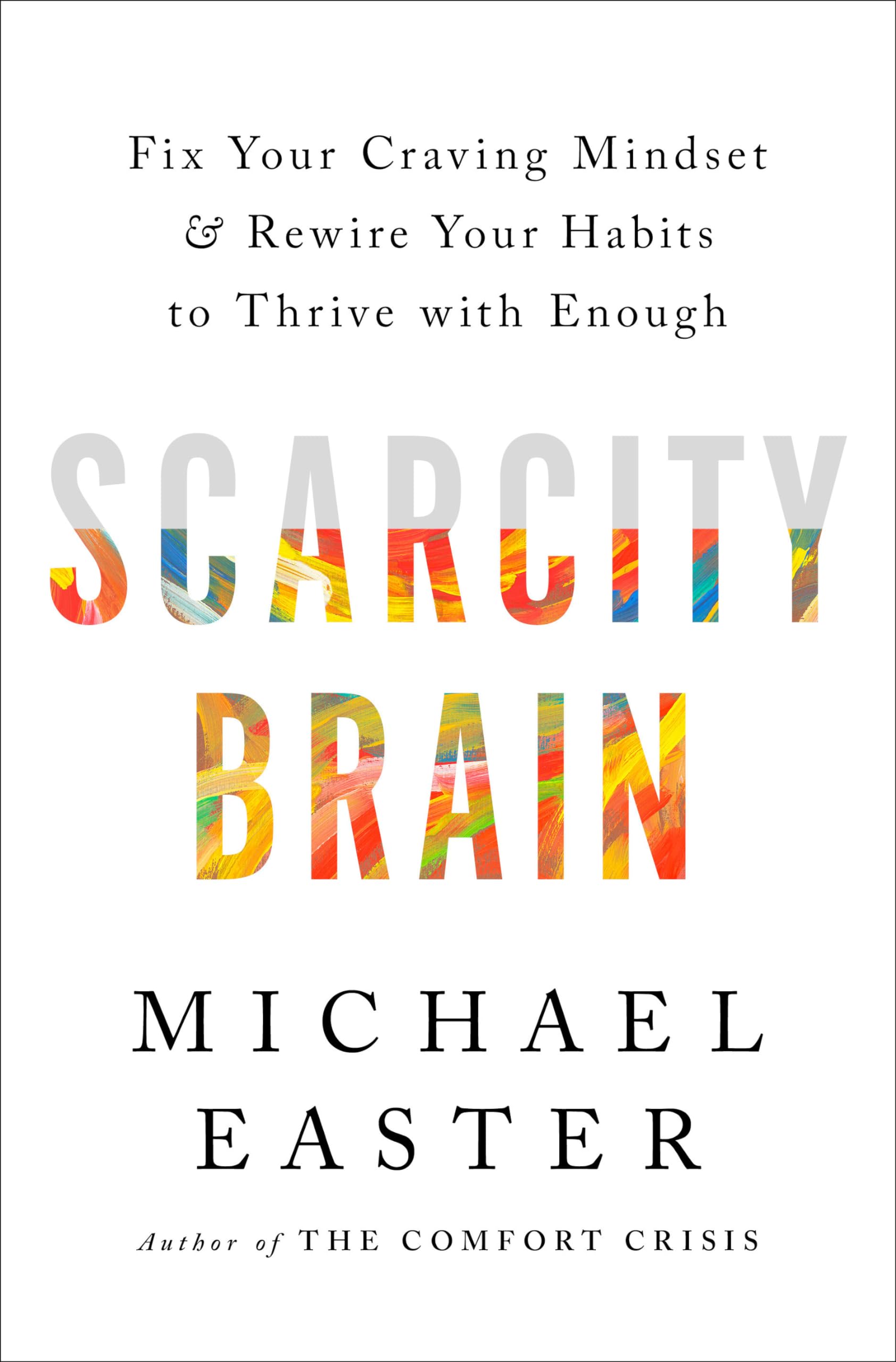Starting off the new year
An annotated reading of the books I finished in December 2024.

Starting off 2025 with a mixture of classic sci-fi and non-fiction reads, here’s to the new year!
Books Read in December 2024
- The Comfort Crisis - OK, maybe I read this one earlier and just forgot to list it ;)
- The Fall of Hyperion
- Nexus
- The Song of the Cell
- Scarcity Brain
Learning to be uncomfortable again
If you have grown tired of the complacency that often comes from avoiding personal challenges or introspection, in The Comfort Crisis, Michael Easter offers some tangible advice and wisdom through his experiences hunting in the Alaskan wilderness for an entire month. Reflecting back on our ancestral origins, Easter highlights the importance of recognizing how the modern world can deprive us of life’s basic challenges necessary for human health and prosperity.

(Time) calamity strikes
In The Fall of Hyperion, Dan Simmons demonstrates a mastery of world building and narrative structuring in only the second (and final) installment of a two-part sci-fi series. This entry in the Hyperion series capitalizes on the captivating world context Simmons established in the series’ first installment by carefully exploring a multi-character narrative through its natural conclusion(s). Gripping and stunning, The Fall of Hyperion represents a milestone in sci-fi writing that true (e.g., AI) fans should engage.

Carving the path to the future
When Nexus came to my awareness, I knew I had to dive in, simply given Yuval Noah Harari’s exceptional ability to synthesize complex historical topics into an accessible narrative for us all to engage with. AI enthusiasts (and those simply concerned with the future of humanity and its societies) should consider reading this book to wrestle with key questions Harari raises in it such as, “If we can’t trust institutions (as flawed as they can be), what kind of societal structures are we left with?”.

Life’s song
The Song of the Cell reads much more like prose than scientific text, yet it contains nearly as much information as the latter (on the topic of cell biology and its role in our universe). In this book, Siddhartha Mukherjee outlines a compelling worldview of the singular becoming the basis for all the complexity we see in the world and how this rising complexity should inform how we think about human health and sustainability today (and in the near future).

When is enough truly enough?
Michaal Easter answers this key question with a Comfort Crisis follow-up titled Scarcity Brain. Using the social psychology framework of a scarcity mindset, Easter points out the subtle ways modernity has been engineered to manipulate our internal states of reward, pleasure, and risk tolerance to get us to become increasingly reliant on addictive technologies and products (to our detriment). For those looking for a way to break the cycle, reading this book is a good place to start.

Away (to 2025) we go!
Alex